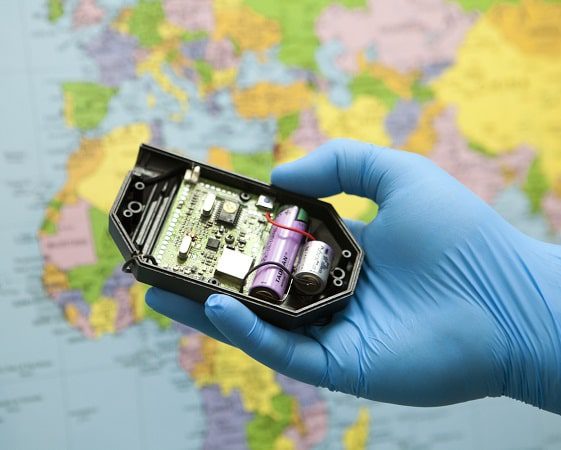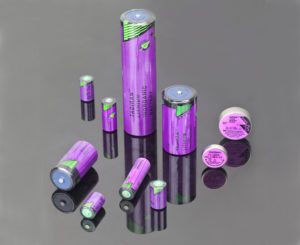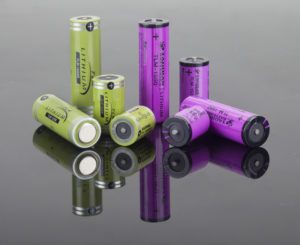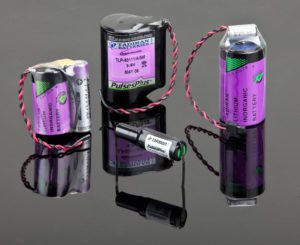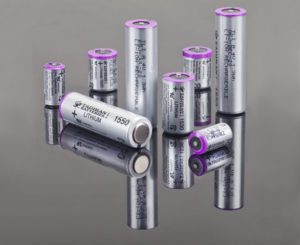Imagine a battery that lasts longer, reduces downtime, and enhances productivity. Let’s find out more about long life battery.
Long life batteries are revolutionizing how we power our devices, providing numerous benefits for businesses and consumers. In this article, we will explore the advantages of using a long life battery and showcase its incredible potential in different sectors.
Benefits of Using Long Life Battery
Long life batteries offer many benefits that make them an indispensable choice for businesses and individuals alike. One of the most apparent advantages is their extended lifespan.
Unlike traditional batteries, a long life battery can endure countless charging cycles without losing effectiveness, ensuring longevity and reliability.
Another notable benefit is the reduced need for frequent battery replacements. Long-life batteries can significantly cut down on costs by eliminating the constant purchase of new batteries, making them a cost-effective solution in the long run. This not only saves money but also reduces waste and promotes sustainability.
Moreover, a long life battery boasts improved energy density, meaning it can store more power in a smaller package.
This compactness makes them ideal for portable industrial devices such as trackers, dataloggers, and toll tags, where space optimization is crucial.
Furthermore, these advanced batteries are designed to deliver consistent performance throughout their lifespan.
They maintain a steady voltage output even as they discharge, providing uninterrupted power to devices without compromising efficiency or productivity.
It’s important to mention that many of these benefits depend on the battery quality. Due to its unique performance characteristics, bobbin-type lithium thionyl chloride battery packs are the go-to solution for many low-power devices.
The chemistry’s exceptional features include high capacity and energy density, supporting product miniaturization, an extended temperature range ideal for harsh environments, and an extremely low annual self-discharge rate, enabling a battery life of up to 40 years.
The passivation effect, achieved by a thin film of LiCl surrounding the anode, plays a pivotal role in maintaining this low self-discharge rate.
Simply put, lithium thionyl chloride makes a perfect low temperature battery or a high temperature battery, with a temperature range from -80°C to +125°C.
Application Across Industries
A long life battery has become indispensable across various industries, from powering small portable devices to supporting large-scale infrastructure projects.
This battery becomes valuable in IIoT-connected devices. As they increasingly demand periodic high pulses for two-way wireless communication, standard bobbin-type LiSOCl2 batteries, known for their low self-discharge, can be complemented by a patented hybrid layer capacitor and offer the necessary data loss protection.
A long life battery plays a crucial role in medical devices such as pacemakers and implantable defibrillators in the healthcare sector.
These battery-powered devices provide lifesaving support for patients with heart conditions by ensuring continuous functionality over extended periods of time.
The durability of long life batteries ensures that critical healthcare interventions can be performed reliably.
In addition, they can be used as backup batteries thanks to their low discharge rate and ability to be idle for a longer period without losing their power.
In addition, emergency response teams utilize long life battery-powered equipment like radios, flashlights, GPS trackers, drones, and more during rescue operations.
These robust batteries ensure that essential communication tools remain operational for extended periods without requiring frequent replacements or recharges.
To find out more and find the ideal long life battery for your needs, check out the offer from Tadiran Batteries, a pioneer in the industry. Fill out the form below and get all the information on the spot.
FAQ
What type of battery has the longest life?
Lithium thionyl chloride (LiSOCl2) batteries, specifically the bobbin-type cells, are renowned for having the longest life among battery types.
With unique performance characteristics, including high capacity, energy density, and an exceptionally low annual self-discharge rate, these batteries can provide extended lifespans of up to 40 years in certain applications.
What is considered a long life battery?
A battery is considered to have a long life when it maintains reliable and efficient performance for an extended period, typically exceeding the average lifespan of standard batteries.
In the context of lithium thionyl chloride (LiSOCl2) batteries, which are commonly recognized for their longevity, a battery with a lifespan of 10 years or more is generally considered to be long-lasting.
Playing the article for the visually impaired


